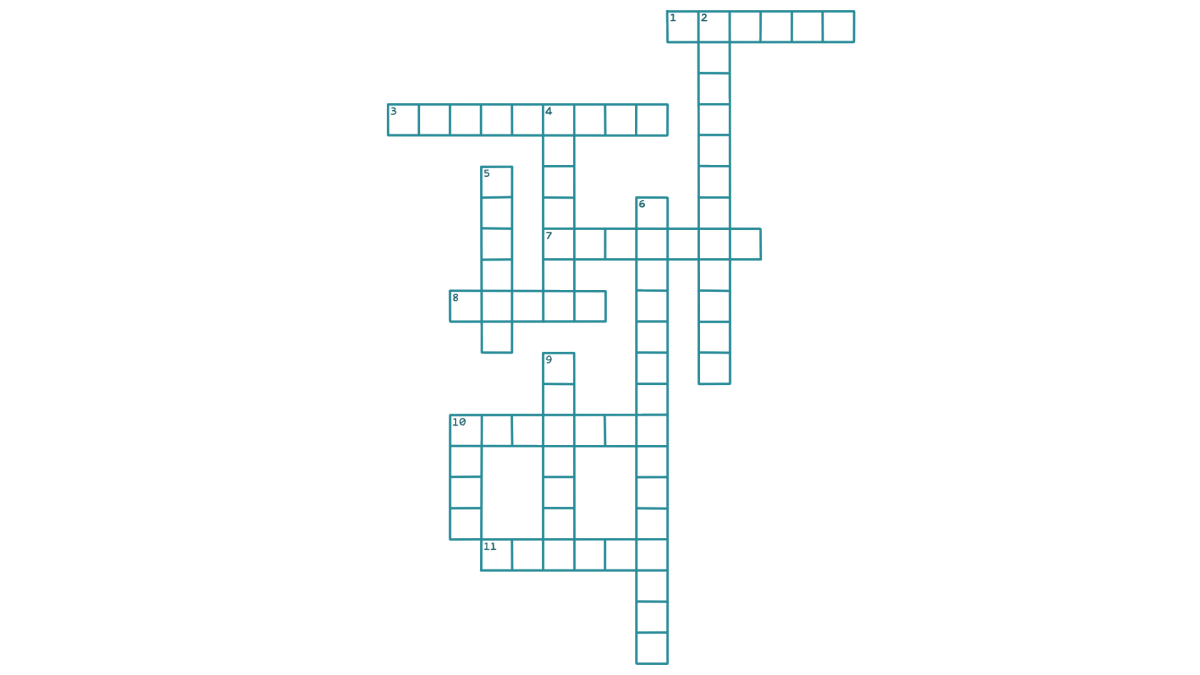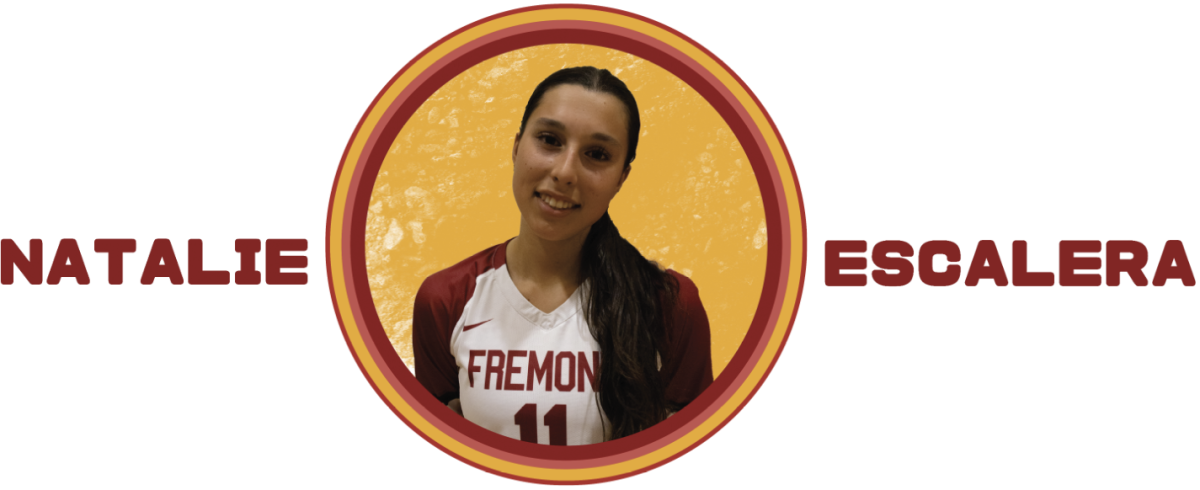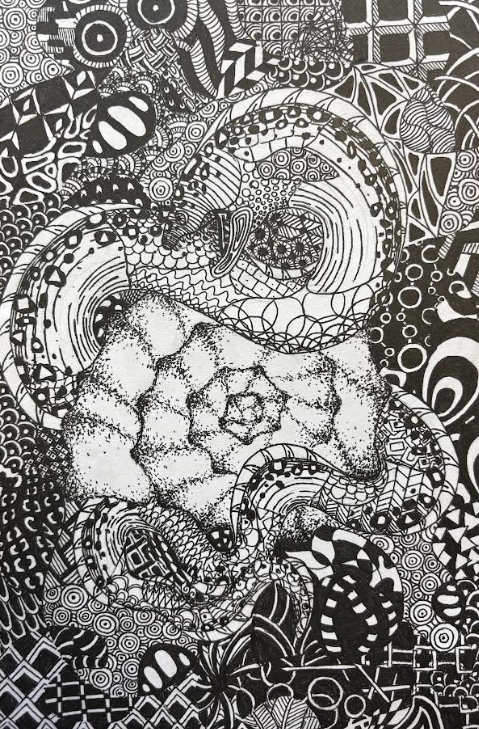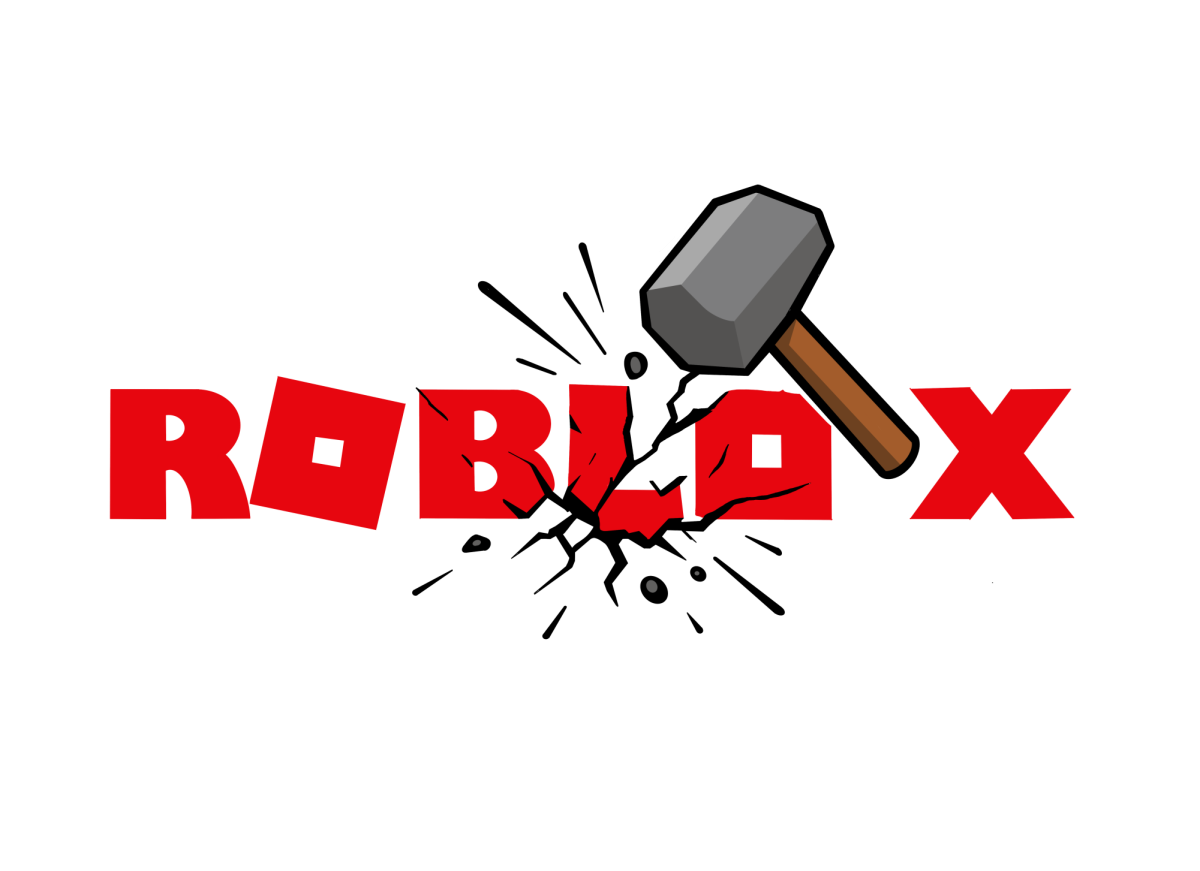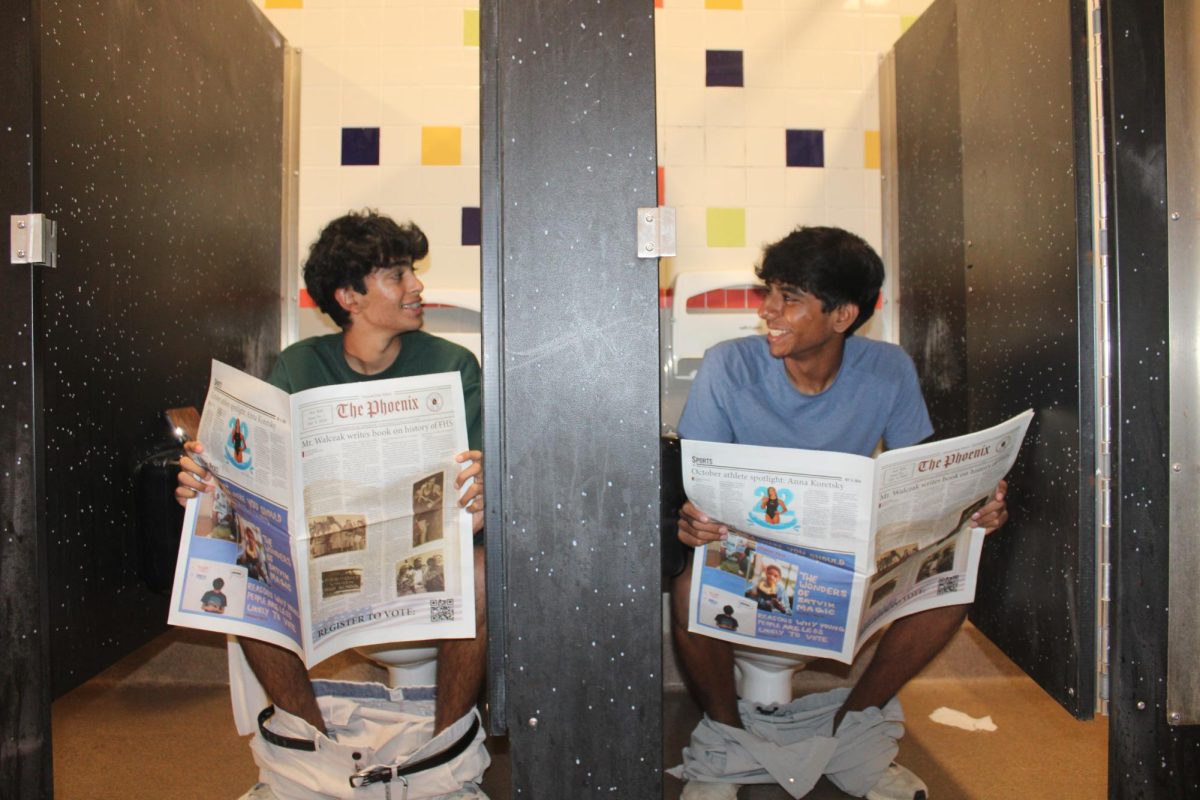On July 29, 2025, Open AI, one of the largest AI corporations in the nation, released Study Mode, a section of ChatGPT specifically designed for learning. This release was followed a week later by Google Gemini’s Guided Learning initiative, which provides a wide range of AI tools for students.
AI has taken the world by storm, amassing tens of millions of users within the span of only a couple of years. However, when AI reached schools, it proved to be a double-edged sword, a tool that greatly supports learning, yet easy to misuse for effortlessly completing assignments. Still, AI can offer personalized support, foster creativity and make learning more accessible. With the introduction of AI specifically designed for students, responsible AI use is even simpler and far superior to utilizing general AI.
“When I use AI, I’m still learning,” FHS freshman Kunal Jaiswal said. “[New AI Modes] are like having a study partner who explains things in a way that I can actually understand.”
Following the launch of ChatGPT in November 2022, FHS administrators updated the academic integrity policies, while teachers adjusted their syllabi to address the use of AI. Students were strictly advised not to rely on AI tools, and instead, request help from their respective teachers. However, over the next year, many districts shifted their policies to ensure appropriate AI usage rather than an absolute ban on AI. During the 2024-25 school year, FUHSD introduced comprehensive AI policies to regulate the use of these powerful technologies.
However, many students are easily susceptible to the inappropriate usage of AI, such as writing passable essays or easily completing class projects. Each lesson, homework assignment or project that a teacher assigns always has a purpose, whether it be to reinforce a concept or to expose students to new ideas. When AI is utilized to complete these seemingly mundane tasks for students, it destroys the entire purpose of the assignment and any learning opportunities. Additionally, when AI is misused, it will often encourage generic or formulaic work, undermining students’ creativity.
“I think students often feel under pressure to produce correct work products, because that’s what they get a grade for,” FHS computer science and math teacher David Dobervich said. “And a lot of the students are very grade-conscious, and so the pressure is then to use AI, to cheat, to get a good product when they actually didn’t learn anything.”
By utilizing ChatGPT’s Study mode, Gemini’s Research Mode and other tools, students can create high quality work while also encapsulating some of their creativity. Instead of immediately providing the answer, the AI fosters critical thinking by breaking down complex topics, personalizing learning and enhancing understanding through knowledge checks.
Increased dependence can prevent the development of essential life skills. Students may struggle in situations where AI is not available, such as on tests or real-life problem-solving. Ultimately, it comes down to the student; using AI responsibly can bring a variety of benefits, while misusing it can lead to negative consequences.
“I think because they think that all of the answers are in one place for them, one thing that I’m seeing is that students aren’t using their resources anymore,” FHS Lit/Writ teacher Esther Hsu said. “They also aren’t talking with each other and asking each other for help, instead just throwing it into AI for help, which has been detrimental in terms of collaborative processes.”



